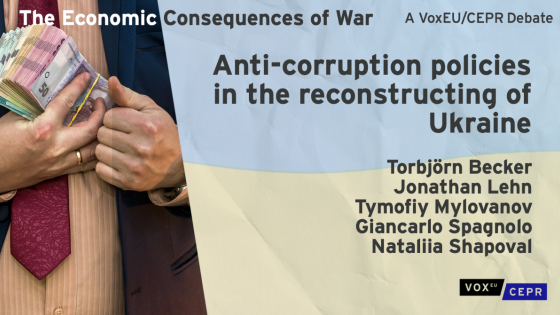Discussion paper
DP11281 Corruption and Bicameral Reforms
During the last decade unicameral proposals have been put forward in fourteen US states. In this paper we analyze the effects of the proposed constitutional reforms, in a setting where decision making is subject to `hard time constraints', and lawmakers face the opposing interests of a lobby and the electorate. We show that bicameralism might lead to a decline in the lawmakers' bargaining power vis-a-vis the lobby, thus compromising their accountability to voters. Hence, bicameralism is not a panacea against the abuse of power by elected legislators and the proposed unicameral reforms could be effective in reducing corruption among elected representatives.
£6.00

